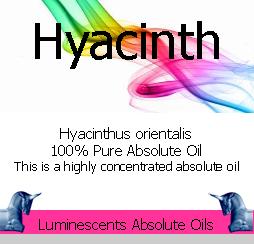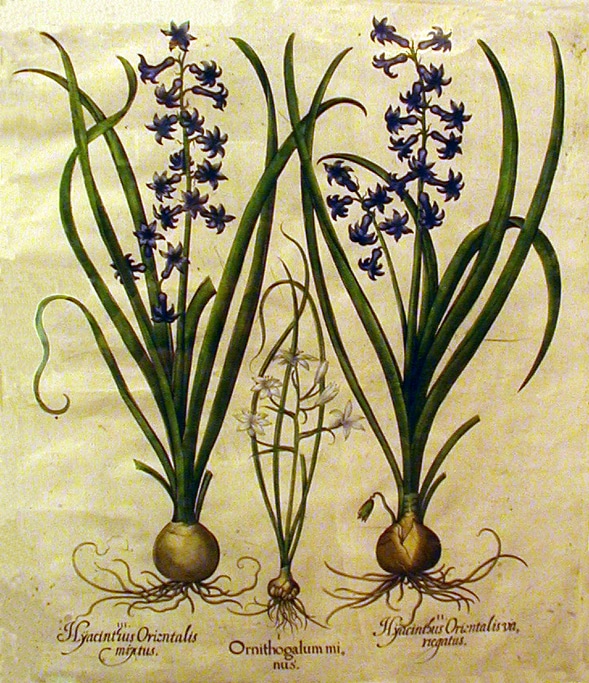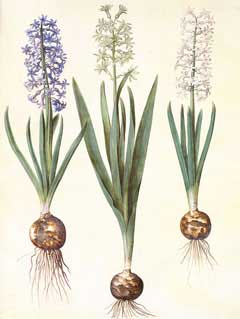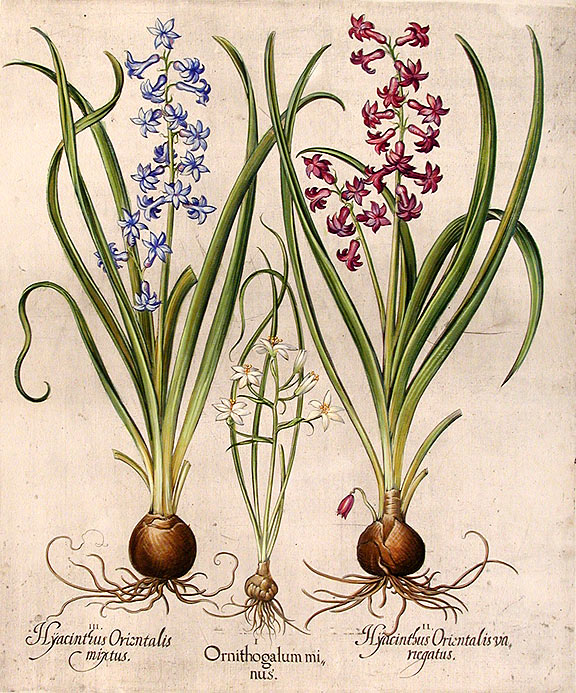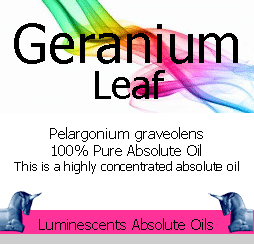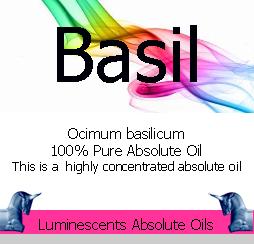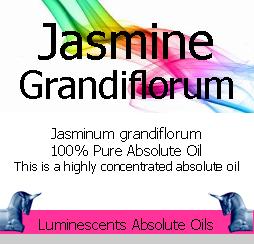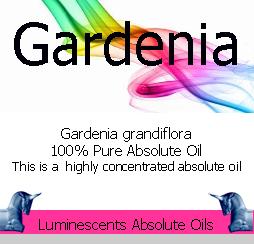Hyacinth Absolute Oil-Hyacinthus orientalis
£70.00
BOTANICAL NAME: hyacinthus orientalis
SCENT: Hyacinth has a very complex floral base and is intensely sweet, green and floral.
STRENGTH OF AROMA: Strong
PLANT PART USED: Flowers
EXTRACTION METHOD: Food Grade Solvent
ORIGIN: France
COLOUR: Pale green to pale amber
CONSISTENCY: Can vary between medium to viscous especially when cold
NOTE: Top
CAUTIONS: Absolutes should be avoided during pregnancy and never ingested (taken internally) and should be kept away from children and pets. No medicinal claims are made for this product and the notes above are provided for guidance purposes only. Absolute Oils are powerful plant extracts and should be used with extreme caution. You should seek the advice of a qualified practitioner should you be in any doubt.
It is important to note that all absolutes are extremely concentrated by nature. They should not be evaluated in this state unless you are accustomed to the undiluted fragrance. For those trying Absolutes for the first time, we strongly recommend they be evaluated in dilution. Otherwise, the complexity of the fragrance – particularly the rare and exotic notes – become lost.
Hyacinthus orientalis, from which Hyacinth Absolute Oil is extracted, is also known as the Common Hyacinth, Garden Hyacinth or Dutch Hyacinth. It is known and loved by many for its extreme and strongly floral aroma and is a native of South West Asia, Turkey, Syria, The Levant and Israel but now, due to its popularity, is grown absolutely everywhere it will tolerate. It was introduced to Europe in the 16th century. It flowers naturally early and can be forced to flower even earlier often being forced for Christmas flowering.
All parts of the plant are toxic but the bulb, in particular, is extremely so and no part of the plant should ever be ingested.
Traditional Uses for Hyacinth Absolute Oil:-
One would think that its overt popularity would mean that an absolute oil made from it which captures the very essence of the floral aroma would be fairly common to find but actually its one of the rarest oils to be found. Hence its expense. It has not been made in Europe since the 1930’s although there have been some very small artisan makers still in existence. Most is made in China now – This oil is from France where production has started again in small quantities where it has been absent as we’ve stated since the mid 1930’s.
Synthetic Hyacinth oil has been used since the middle of the 20th Century for designer perfumes as the very best is so true to form and accurate in its aroma and far less expensive.
The absolute oil has no known aromatherapy benefits and is most often used in high grade perfume manufacture.
History:-
Hyakinthos, after whom the flower is named, was, in Greek mythology, admired by the Gods Apollo and Zephyr but in a rage a fight broke out between the two Gods for his favour and he was killed by a discus, The Hyacinth flower sprang from his spilled blood and named after him by the remorseful Gods.
Theophrastus, a Greek native of Eresos in Lesbos who was the successor to Aristotle describes a wild and cultivated Hyacinth but current thinking does not subscribe to the likelihood that it is the modern Hyacinth we now know and love so much.
| Size (ml) | 100ml, 10ml, 200ml, 25ml, 2ml, 50ml, 5ml, sampler |
|---|
